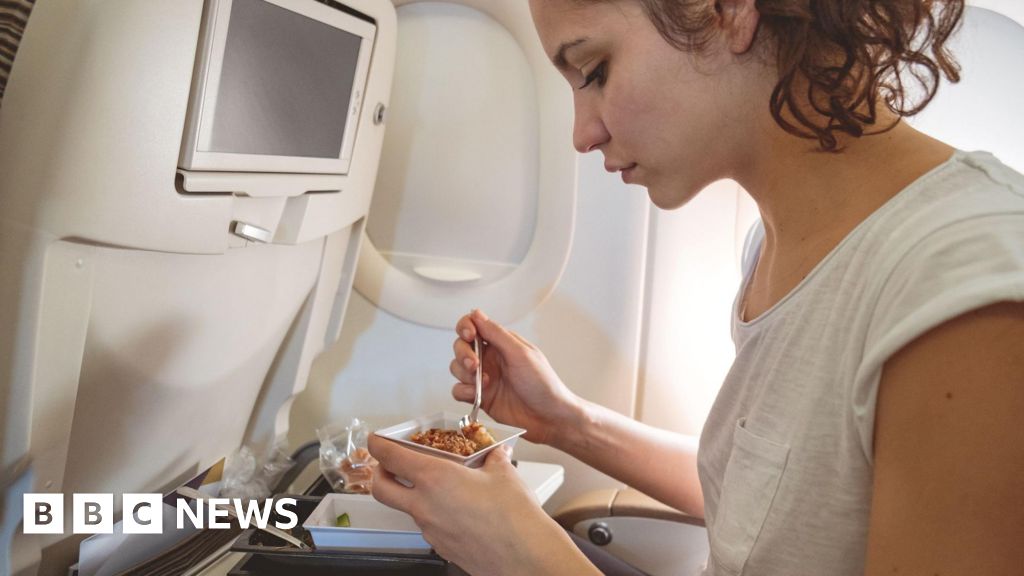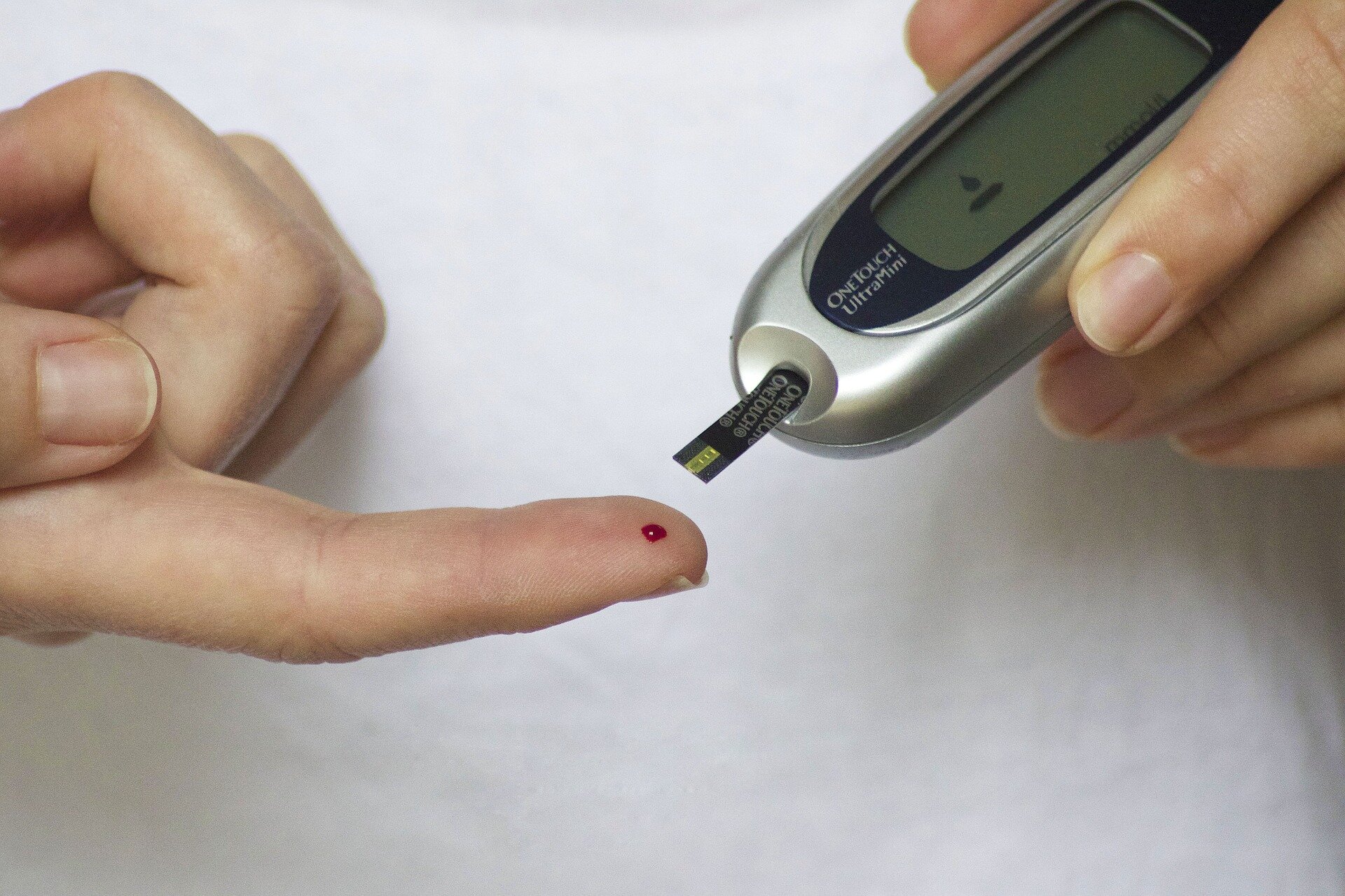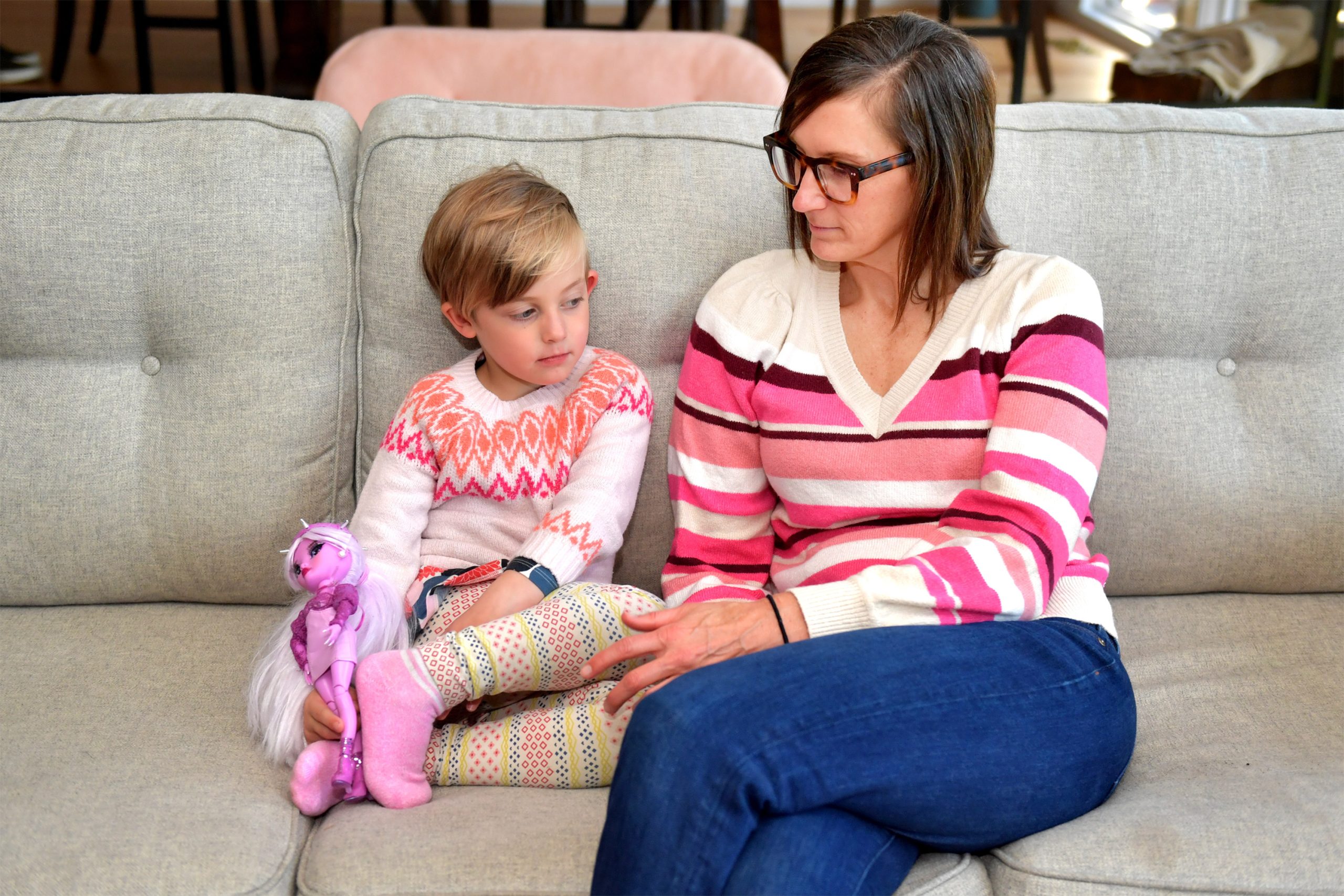 Getty Images
Getty ImagesAsking aeroplane passengers not to eat nuts is unlikely to prevent an allergic reaction mid-flight – but cleaning their seat with a wet wipe could, allergy specialists say in a review of the latest evidence.
Small bits of food can often stick to seats, tray tables and screens and be transferred from hands to the mouth or face.
But there is no evidence nut allergens are spread around the cabin by ventilation systems, the review says.
When turnaround times between flights are short and there is little time for cabin cleaning, passengers with food allergies should be allowed to board first and clean their seat themselves, experts advise.
The UK Civil Aviation Authority asked experts to review the risks of flying for people with food allergies.
There is a common perception peanut particles can be spread through the air in a plane – and airlines often make announcements asking passengers not to eat nuts on board.
But review author Prof Paul Turner, an allergy expert at Imperial College London, said passengers should not worry about food being transmitted in the air.
“We didn’t find any evidence that nut particles could travel through the cabin ventilation system on airplanes and cause reactions,” he said.
“On top of that, the vast majority of people with food allergies don’t react to the smell of food, even if they are allergic to very small amounts.”
 Getty Images
Getty ImagesAir circulates across the cabin, not through it, and efficient filtering systems remove the vast majority of dust, vapours and food particles from the air passengers breathe, the review says.
Air is completely exchanged every three to four minutes during a flight.
In hospitals and classrooms, that happens every 10 minutes.
Nut bans on flights may give passengers with allergies a false sense of security, the authors say in the BMJ journal Archives of Disease in Childhood.
‘Board first’
Previous studies show peanuts can be detected in the air only at very low levels and very close to the nuts themselves.
While vapours from fish or seafood and wheat-flour particles in the air can cause allergic reactions, those are exceptions.
Instead, the real danger comes from passengers on previous flights leaving peanut residue on the seats, trays, floor and entertainment screens.
If seat areas are not properly cleaned between flights, small pieces of nut may end up on the next passenger’s hands and face, the review says.
“If food-allergic people can board first, and have time to clean their seat area with something like a baby wipe or antibacterial wipe, they are much less likely to have accidental reactions,” Prof Turner said.
‘Safe for everyone’
People at risk of potentially life-threatening allergic reactions, known as anaphylaxis, should always carry two adrenaline pens, the review says.
And airlines should consider keeping a supply of them onboard in case of emergency and have clear policies on food allergies on their website.
Allergy UK said air travel “must be safe and inclusive for everyone”.
“That means understanding and supporting the needs of those living with severe allergies, who often have to travel with high levels of anxiety,” the charity’s chief executive, Simone Miles, said.
Simon Williams, chief executive of charity Anaphylaxis UK, said: “A key take-home message is the importance of passengers cleaning their seat area, including the tray table and the seat-back entertainment system.”
About one in 50 children and one in 200 adults in the UK have a nut allergy, according to the charity.




